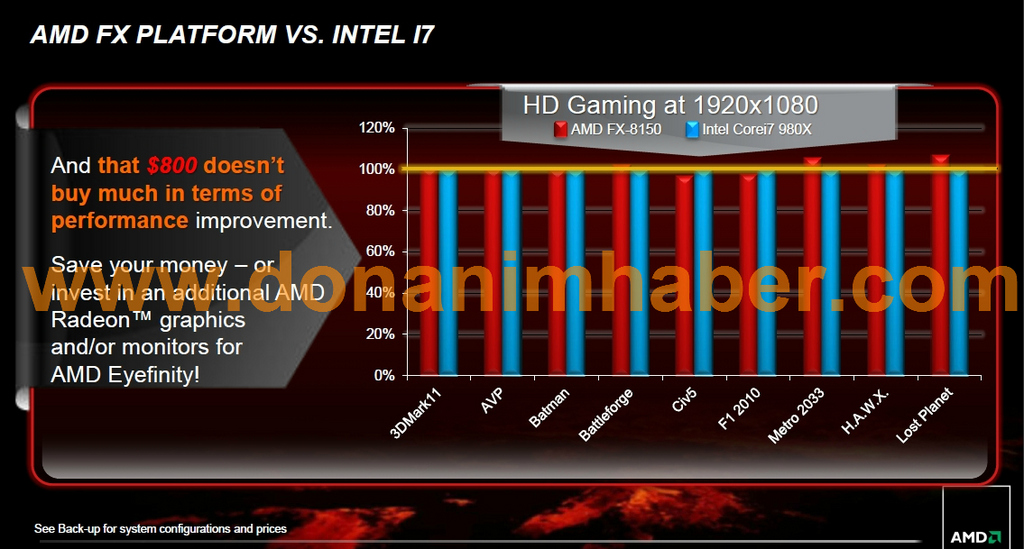Bankie
2[H]4U
- Joined
- Jul 27, 2004
- Messages
- 2,469
Your numbers are off. R7 1700 is $329 everywhere. i7-7700K is only $299.99 at Microcenter. It's $349 at Newegg where the R7 1700 is $329.
You're right. $350 stuck in my head for some reason. 7700k is currently $292 at Staples.
![[H]ard|Forum](/styles/hardforum/xenforo/logo_dark.png)


